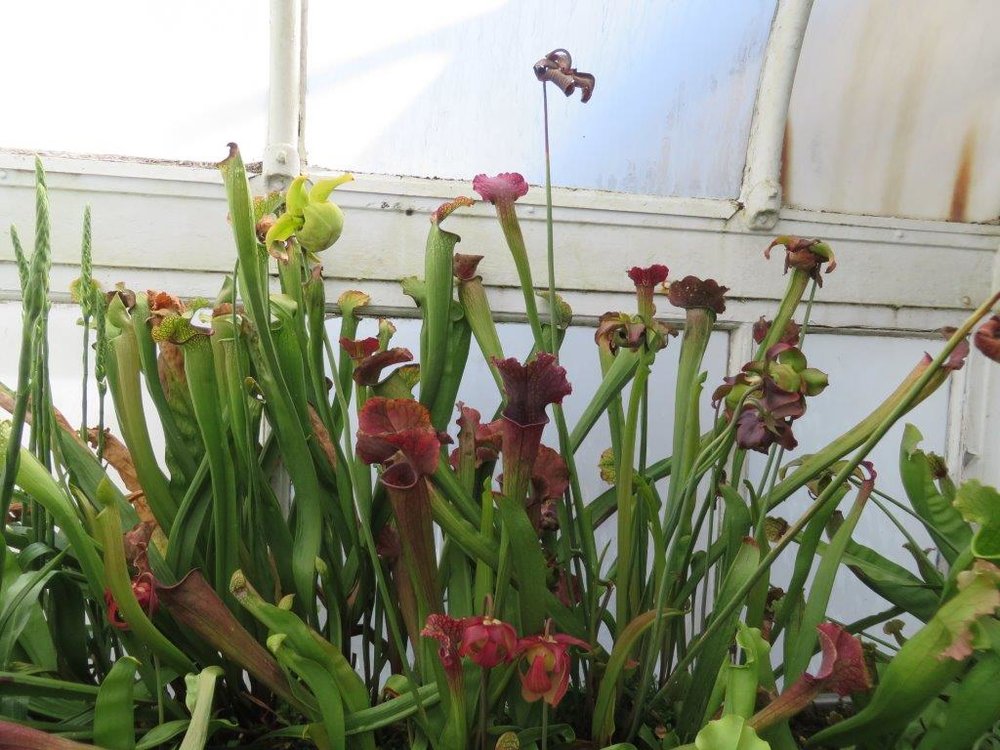Gleanings of the Week Ending November 9, 2013
/The items below were ‘the cream’ of the articles and websites I found this past week. Click on the light green text to look at the article.
Cool Plants for Kids: 8 that Explode, Eat Bugs, or Stick to You - Cool plants for more than just kids: puffballs, jewelweed, beaked hazelnut, pitcher plants (below), sundew, burdock, beggarticks, Norway maples.
London’s Wasted Heat - It’s intriguing to realize that there are places in London - and probably most cities - where heat could be used rather than vented. The trend should be toward ‘less waste’ and this is certainly one area that could be worth pursuing.
US Preterm Birth Rate Drops to 15-Year Low - But the US still gets a ‘C’ grade when it comes to preterm birth rates. It’s very sad for the individual children fighting to overcome the impact of preterm birth and preterm births cost about 12 times more than an uncomplicated healthy birth. For the report card for each state - see the March of Dimes site.
Top 25 Wild Bird Photographs of the Week #51 - I always like the collections of bird photographs. My favorite in this batch is the common kingfisher with outspread wings….but I also enjoyed how many of the birds in this set were finding something to eat.
Norwegian Vikings Purchased Silk from Persia - Trade has been going on for a long time….sometimes longer than our ‘history’ has realized.
 9 ways mushrooms could drastically improve the world - From a TED talk by Mohamed Hijri
9 ways mushrooms could drastically improve the world - From a TED talk by Mohamed Hijri
Breathtaking Autumn Colors Viewed Atop Oberg Mountain - These image from Minnesota were posted in early October….I just got around to taking a look at them.
Saharan Star Dunes - These dunes are formed when the wind changes directions…swirling.
US Cities In Which The Fewest People Drive To Work - Biking…walking…mass transit - is it a surprise that New York, Washington DC, Boston and San Francisco are at the top of the list?
Gartner's dark vision for tech, jobs - The upcoming wave of machines replacing people now is entering into Gartner’s projections….it is within the near term rather than outside the span of our lifetimes.



















